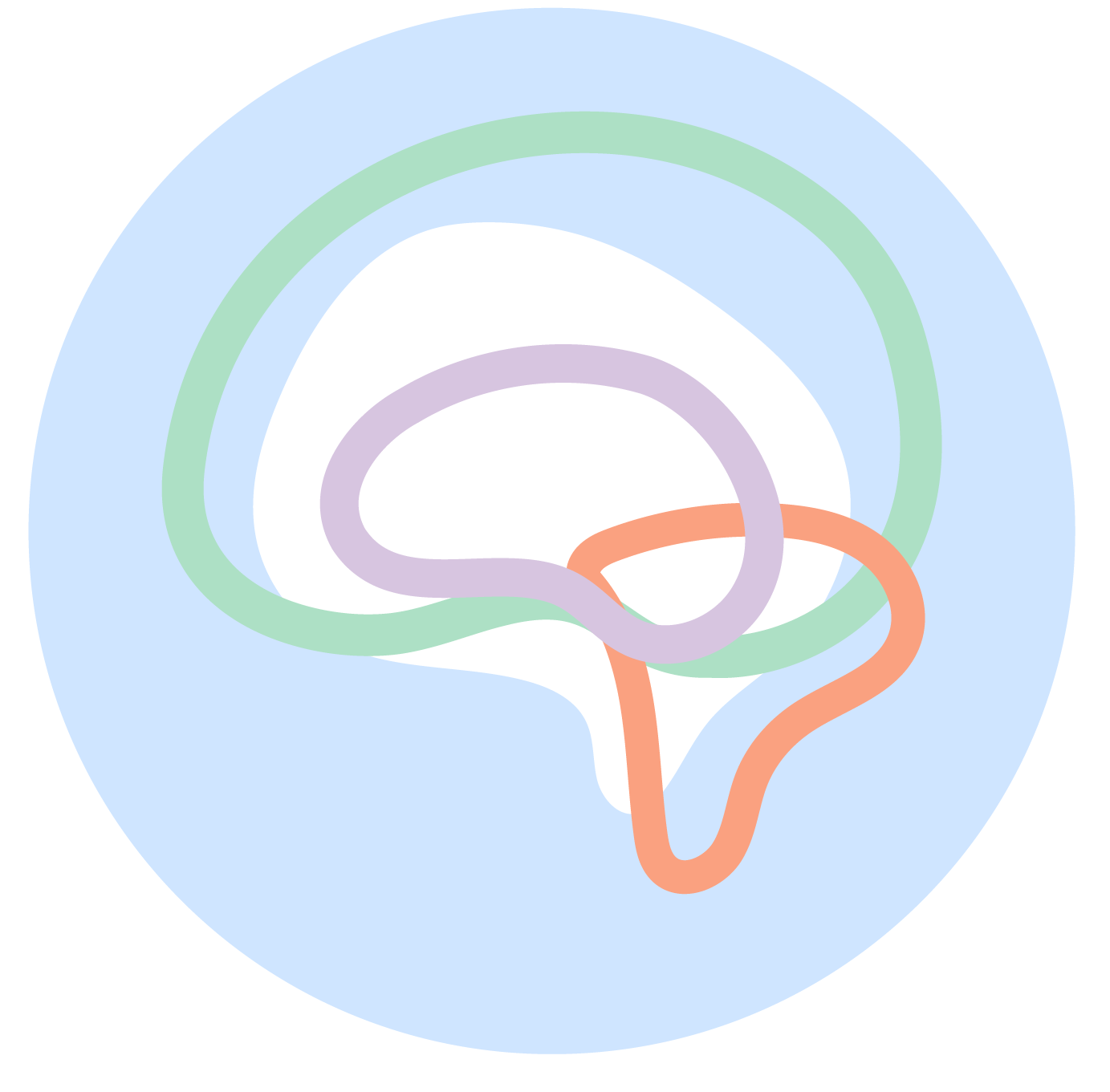Understanding and Managing Emotions: A Focus on Minority Mental Health
“You may not control all the events that happen to you, but you can decide not to be reduced by them.”- Maya Angelou
Emotional regulation is a crucial aspect of mental health, involving the capability to manage and respond to one’s emotions in a healthy manner. For minority communities, historical impacts and everyday challenges–such as discrimination, marginalization, and cultural dislocation–have posed hardships to their mental health. Despite these continuous struggles, these communities have demonstrated remarkable resilience, which has allowed them to develop diverse and effective strategies rooted in their cultural heritage. In the following blog, we will explore how various minority groups practice emotional regulation through culturally specific coping strategies.
Emotional Regulation: What is it?
Before diving in, let’s briefly explore what emotional regulation means and why it is essential for mental health. According to the American Psychological Association (APA), “emotion regulation [refers to the] ability of an individual to modulate an emotion or set of emotions.” In other words, emotional regulation encompasses the methods a person uses to manage and understand their emotions, including how they perceive and express them.
Effective emotional regulation is crucial for mental health because it helps individuals manage stress, reduce anxiety, and maintain emotional balance. By controlling their emotional responses, people can improve their decision-making, strengthen relationships, and so on. Ultimately, mastering emotional regulation supports resilience and adaptability, which can lead to a more balanced and fulfilling life.
Diverse Coping Strategies in Minority Communities
Over time, different minority communities have developed distinct cultural practices for emotional regulation. Not only do these culturally specific coping strategies help these community members manage their emotions, but they also reinforce their sociocultural identity, which is another important aspect that influences mental health.
Below are examples of how various minority communities utilize their unique cultural practices for emotional regulation:
-
Rooted in the constraints imposed on slaves in early America, oral storytelling became a powerful and meaningful tradition in African and African American cultures. Seeing that African slaves were unable or failed to maintain physical documents of their recounts and experiences, many turned to verbally preserve their history and cultural identity. Through this form of vernacular-history-making, Africans often shared stories to one another that included life lessons, cultural values, and wisdom. Over time, these stories were passed down through generations, perpetuating the oral storytelling tradition within these communities. For Africans and African Americans, oral storytelling provides a framework for understanding and processing emotions. By sharing stories, memories, or perspectives, these individuals are able to effectively articulate their emotions and feelings, enabling them to find solace in the shared narratives of resilience and enhance their mental health and overall well-being.
-
While proverbs are a common cultural element found globally, they are more prevalent and culturally significant in Hispanic/Latino communities. Otherwise known as "dichos", these short yet memorable sayings are commonly used by these community members to convey wisdom and offer guidance. Additionally, they provide comfort in various situations, especially during challenging times. For instance, the dicho “Al mal tiempo, buena cara” (roughly translating to ‘During bad times, put on a good face’) encourages maintaining a positive attitude despite any difficulties one is facing. Overall, dichos help these community members reframe their perspectives, find solace, manage their emotions, and enhance their mental health and overall well-being by navigating or reflecting on cultural wisdom during complex situations.
-
Meditation and mindfulness are central practices in many Asian cultures, especially those influenced by Buddhist and Taoist traditions. These practices have deep historical and philosophical roots that emphasize inner peace and self-awareness. In Buddhism, meditation is key to achieving enlightenment, involving techniques like mindfulness and concentration to observe thoughts and emotions without attachment. Taoism, on the other hand, underlines living in harmony with the Tao (or path), using meditation and breathing exercises to cultivate balance and reduce stress. By incorporating meditation into their daily routines, individuals in these communities are able to improve their ability to regulate emotions and enhance their mental health and overall well-being.
-
Talking and healing circles are traditional practices among many Indigenous cultures, though specific practices and names can vary widely among different tribes and nations. Commonly known as 'Talking Circles,' 'Healing Circles,' or simply 'Circles,' these gatherings provide a structured yet open space for individuals to share their thoughts, feelings, and experiences in a supportive and respectful environment. In many traditions, a talking piece, such as a stick or feather, is passed around, granting the holder the right to speak while others listen attentively. This format promotes emotional expression, community support, and collective healing. This practice helps these community members process their emotions and enhance their mental health and overall well-being through the reinforcement of community bonds.
Understanding and respecting the diverse emotional regulation strategies within minority communities is important for promoting mental health. These particular culturally specific coping strategies help these individuals manage their emotions and strengthen their cultural identities on a personal and group level. By appreciating the distinctions between these traditions, we can learn valuable lessons about resilience and emotional well-being that benefit everyone.
For more detailed information on how these culturally specific coping strategies support emotional regulation in minority communities, you may refer to the academic textbook Multicultural Psychology: Understanding Our Diverse Communities, which is available through academic libraries or purchase.



